For the past few weeks, Dot Esports has been profiling women working behind-the-scenes in esports. Each woman is an expert in her field, whether it’s navigating an emerging sector of the law, building out branding for their organization, or putting together some of the biggest esports events of the year. We posted a new profile each day, covering the women’s unique experiences in the esports industry. This is our last story of the series.
As for many in the esports industry, there’s no typical day for Naz Aletaha—but that’s what she loves. As the head of partnerships for League of Legends esports at Riot Games, Aletaha could be working on closing a deal with a big new non-endemic sponsor one minute and then helping another sponsor put together an activation at a tournament the next.
After working in finance at Sony Motion Pictures, Aletaha moved to Activision Blizzard for four years before finally landing at Riot Games—but not on the esports side. She joined the publishing team, overseeing their business-to-business initiatives, and in 2013 did a deal with American Express that included a sponsorship of esports. That’s when she realized she wanted to do esports partnerships full-time, so she moved over to that team.
“When I joined, [Riot] was about 500 people, and we’re now about 3,000 people globally,” she said. “The growth that the company has gone through, and to be part of it, especially in esports… to see that grow to become a massive global sport has been awesome.”
Aletaha is bringing her array of experiences to Riot, helping League’s partnerships team land its first global esports deal in September 2018 with Mastercard. That deal is just starting to kick off, and could mean major things for League esports in 2019.
This interview has been edited for length and clarity.
What does your job entail?
In its most basic form, my job is to focus on building what the business side of esports can, and is, and will be. A big focus of the business side of esports—and any sport—is partnerships and the work that we do with other businesses. I oversee our partnership efforts, which includes our sponsorships, it includes media rights, I’ve done a bit of work on various merchandise initiatives—although we’ve now built out a team to do that, who’s amazing. That’s it in a nutshell. All things partnerships, strategic partnerships, media rights, to help evolve the sport and achieve sustainability.
What makes your job important?
I think the job is very important for a couple reasons. The first is the financial viability and sustainability of our sport. Obviously, every sport and business needs to drive revenue, and that’s a big focus of mine as it relates to partnerships. For us, that’s very important, because we see League of Legends as being a multigenerational sport that’s going to be around for decades. We’ve set out to build this global sport that’s integrated across 14 regions and feeds into these three massive global events. The work that we do on the business development and partnership side that I oversee helps to essentially fund those efforts.
It’s also incredibly important because the partners that we bring into our ecosystem help to elevate the overall sport, and also to enhance the experience that our audience has with the sport. We’re a very player-focused, audience-focused company, so bringing in the right partners who can come in and activate in the right ways is really important. It adds legitimacy to the sport, it adds, again, to the sustainability of the sport, and it also just adds another layer of experiences for the player base, which, for us, is the most important thing.
What does a good partnership look like and how does that come about?
I’ll give you a recent example. We recently signed our first global sponsorship. It is with Mastercard, and it’s an incredibly important partnership, I think, not just for us, but for the industry as a whole. Obviously, a brand like Mastercard, that’s world-class and globally relevant, for them to come in, in a really material way—what I mean by material way is they’re coming in for multiple years, they’re coming in and partnering with us on our biggest events; the Mid-Season Invitational, our World Championship, and our All-Star Event.
What’s really important about the partnership is that they really share our philosophy on being audience-driven. They look to really tap into passion points of audiences across really prestigious sports entertainment properties, and they look to elevate those experiences. That’s exactly what we look for in a partnership.
How that partnership has manifested so far, and we’re just really, honestly starting out with Mastercard, we announced the partnership in September, and we launched it, in terms of activating it, with the World Championship that started in October. What you saw us do alongside Mastercard is help to support them in various activations like the Mastercard Nexus, which was a pop-up experience that they produced and hosted in Seoul. This is completely separate of our World finals venue. They did this for anybody. Any fan could come in, it was a four-story structure that really just allowed fans to immerse themselves in all things World. You got to play one-vs-ones with pros and influencers, you got to participate in Twitch Creator Camp to figure out how to be a better streamer. They had AR mirrors that you could become a League of Legends champion. Overall, it was just a place where the community could come, find other like-minded people who love League of Legends and were excited about Worlds. That’s exactly what we look for in partnerships, which is, “How can we work together to just do more amazing things for the community?”

How involved are you in setting up these activations?
I oversee both the negotiation of the deal—everything from lead generation, to the pitching, to the negotiating of the actual legal contract. Then, after that’s all done and the contract is signed and hands are shaken, then I’ll say the fun work starts, which is I oversee the actual activation of the partnership.
My team and I work very closely with partners to oversee every aspect of that partnership. That includes what I just mentioned, the experiential. It also includes everything that we do in broadcasts as it relates to partnerships, everything we do on social media, everything we do from a press standpoint, and anything else we do on web. All the various touchpoints, I oversee. That also includes anything the partner is going to go to in real life, that they want to go do on their channels, whether that’s at retail, on social, whatever that may be—that falls within the scope of me and my team.
What does a typical day look like for you?
What I love most about my job is that there is no typical day. This whole industry, and by industry, I mean esports and the level at which the whole industry, and especially Riot, is operating esports at this global massive scale. It’s still pretty new and that’s what makes it fun. Every day I’m talking to different partners. Every day there is new opportunities and new challenges, I’ll say, to solve. I think that I love the problem-solving aspect. Not problems, but you hit roadblocks because oftentimes, at least in the esports space, we face challenges that we don’t have a playbook for.
We’re not a sport that’s been around like the NFL for a hundred years, or however long some of these major sports have been around. Figuring out what the best next steps are as it relates to partners, figuring out how that meets their objectives, our objectives, as well as serving the community, I think, is an amazing part of the job and something that we do day-in and day-out.
The typical day is everything from pitching and working on potential new business and new partnerships to overseeing the execution of existing partners like Mastercard, like State Farm, all these amazing partners that we’ve been fortunate to have.
What was your career trajectory?
I’ve been at Riot for seven years. Prior to Riot, I was at Activision Blizzard for a little bit over four years. I’ve been in the gaming space for a bit of time. Before Activision, I was actually at Sony Motion Pictures doing corporate finance.
Essentially, the reason I left Sony was because I wanted to do more than finance, I wanted to apply what I understood about the financials of a business to be able to actually drive decision making. So I went over to Activision as an analyst for the retail marketing team. Then I switched over into a role as a retail marketing manager.
I played games my whole life but I don’t think I ever dreamed I’d be in the position I’m in today. Going to Activision—gaming was this amazing cross-section between technology and the entertainment world. To me, that was this perfect marrying of three of my passion points—gaming being one, the tech, and entertainment. I joined Activision as an analyst but for a marketing team. That was my foray and I saw that as a great stepping stone into, “Okay, now I can get exposure to marketing and understand that process and how it works,” and we worked very closely with our sales team at the time. That essentially is what started me out in gaming.
After about four years, this company, Riot Games, reached out. I came and I visited the Riot campus for an interview, and I was just blown away by the passion. It was palpable, I would say. That’s how I would describe it. The passion that this whole workforce had to providing value to this player base, to making their experiences as amazing as possible, and just their overall mission to be really clear and focused. It’s something that just really resonated with me. It was this unquenchable thirst that they had to deliver value to the audience. I just couldn’t say no.
I came over to Riot and it’s been an incredible story of growth, I’d say, ever since. Just being part of a company—when I joined, it was about 500 people, and we’re now about 3,000 people globally. To see the growth that the company has gone through and to be part of it, and especially in esports. The esports team, when I joined Riot, was just a few people. To see that grow to become a massive global sport has been awesome.
I didn’t actually join Riot to join the esports team, I joined Riot as part of our publishing team, and I was overseeing our B2B initiatives at the time. Doing that, I actually did a deal with American Express that I lead. That deal was first of its kind for our company.
It was a deal to do a co-branded debit card where you could earn rewards, similar to where you earn rewards on your Amex card, but instead of earning Amex points, you actually earned RP, which is our in-game currency. We did a whole technical back-end integration so that people’s accounts could get credited automatically. As part of that deal, we did a sponsorship of esports, this was back in 2013. That was my first project that I worked on and I completely fell in love with doing those types of partnerships. I just wanted to do that full-time, so I moved over to the esports team. This was about two years into my tenure at Riot, and I’ve been with esports ever since.
What were you doing before Sony?
Before that I was in college. I went to the University of Southern California and I studied business. I actually did a concentration—you do the full business program and then you concentrate on a specific aspect of business—my concentration was in corporate finance.
I went immediately into a corporate finance role thinking that that’s what I wanted to do and that’s what I wanted to be when I grow up. Once you’re on the job, I think you realize what you want. For me it was—I’m so happy that I have that knowledge of understanding financials and understanding how those drive decisions and drive businesses, but I wanted to be able to apply that, and be a decision maker, and be able to be strategic and just apply it.
I never ever dreamed that I would be leading partnerships for a global sport this many years later. It’s been an amazing ride. I’ve always been a sports fan, so it’s a dream job for me.

What advice would you have for people looking to get into a position similar to yours?
The way I view my role and what I like the most about it is I think partnerships—and maybe a lot of people don’t see it this way—but at its core, it’s problem-solving. It’s like solving this puzzle where all the puzzle pieces need to fit to get it right for both parties. A partnership is a two-way street, and you really have to understand your own objectives but also understand your partner’s objectives and figure out the best path forward, and you need to do that in every stage of a partnership. You need to do that in the pitching stage, you need to do that in the negotiation stage, and you certainly need to do that when you’re actually executing on the partnership and activating it. I think if you love problem-solving, if you love to work alongside other people, I think that working in partnerships within esports is amazing.
Have you ever faced a hurdle in your work in esports and how did you overcome that?
Oh my goodness. Yes. I can’t think of an example. Every day. I think the hurdles are what I mentioned earlier, which is esports at the level of professionalism and at the scale that we’re doing it hasn’t been done to date. We often look to traditional sports to see how they may or may not have solved maybe some of the same challenges that we hit, but we also always try to stay attuned to the fact that there are nuances of our sport, it is digital, and there are nuances to our audience, and we want to be respectful of that.
I think it’s always trying to figure out what the right steps are forward. There may or may not be a right or wrong answer to the challenges you face. Oftentimes you might try something and it might fail, and it’s just about picking yourself up, learning from it so you don’t make the same mistake, and moving forward.
What do you think the landscape is like now for women in esports?
I think it’s a great time to see women in esports. I love to see more and more women enter the space. I’m fortunate, I think, on our team here, just at Riot, there’s multiple female leaders and I love working alongside them. It’s always great to have diversity of thought. I think it’s a great time, and I would encourage women to pursue a career in gaming and pursue a career in esports.
Do you think there are any barriers to entry for women in esports at the moment?
I would hope not. I think that the only advice I have is, you want to be passionate about what you do. If you’re passionate about video games, if you’re passionate about work in general, if you’re passionate about just fandom and what drives the fandom around sports, I think those are key elements to get involved in esports regardless of gender.
Is there anything else you’d like to add?
My career has been about growth, it’s been about identifying opportunities for growth and taking them whether or not you’re ready, and challenging yourself. I’ve had the pleasure, from a partnerships standpoint, working with some of the biggest brands in the world, the Mastercard’s and the State Farm’s and Coca Cola’s and American Express’s of the world. For me, it’s really been a joy to work alongside them and to learn from them and learn with them, and ultimately deliver to our audience.


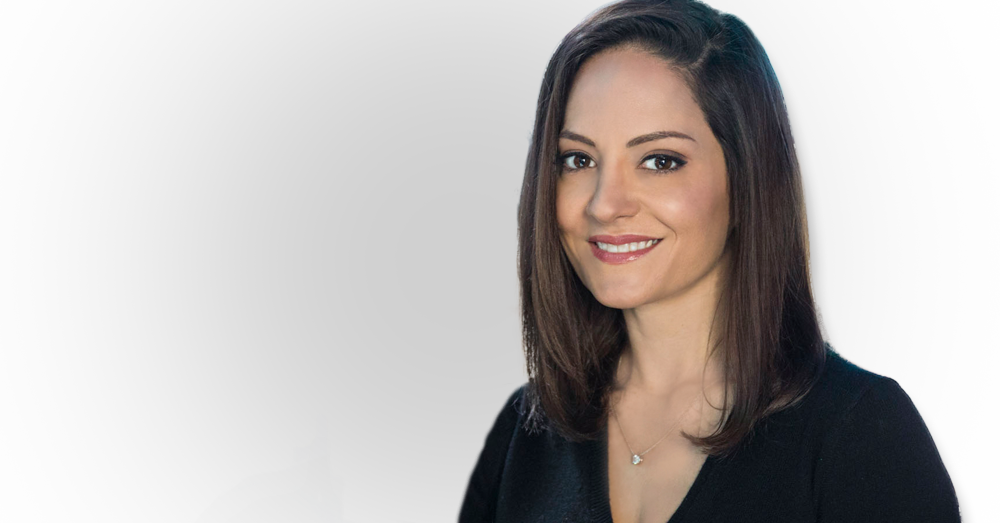
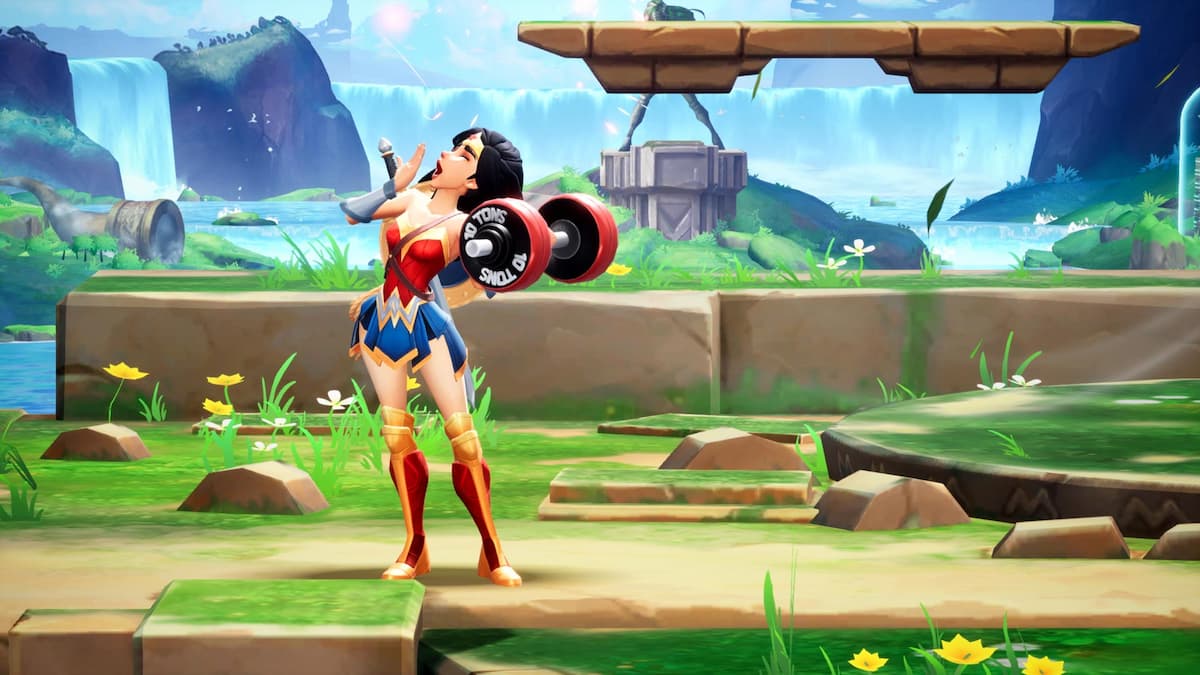

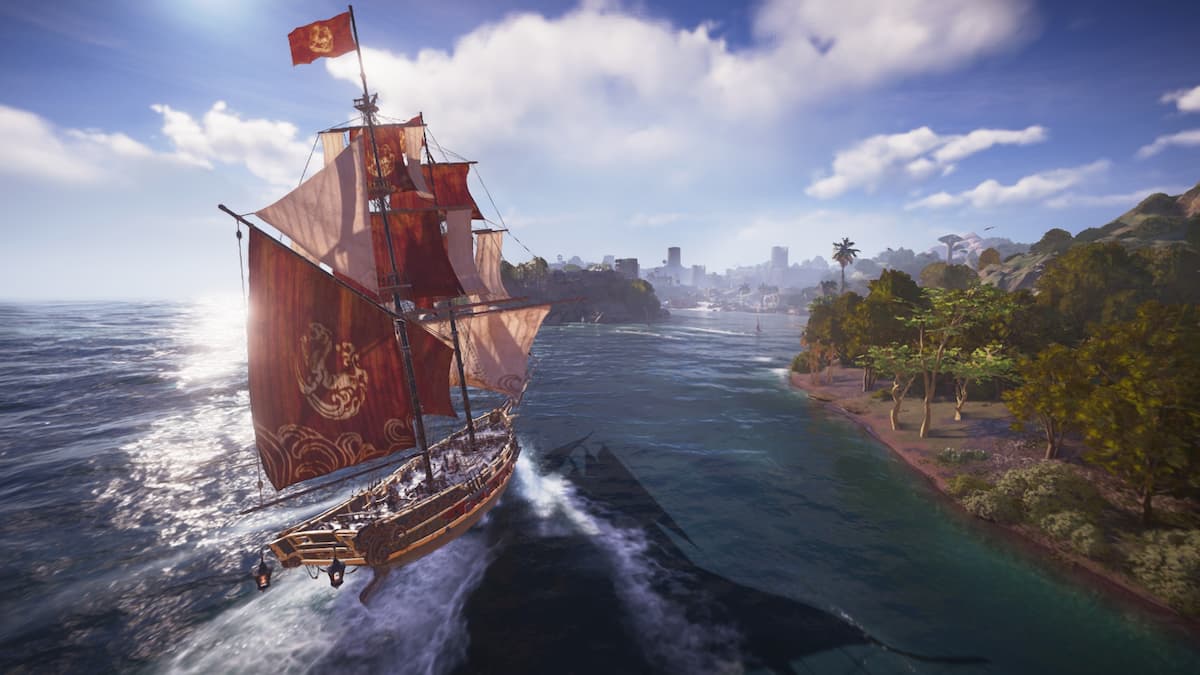
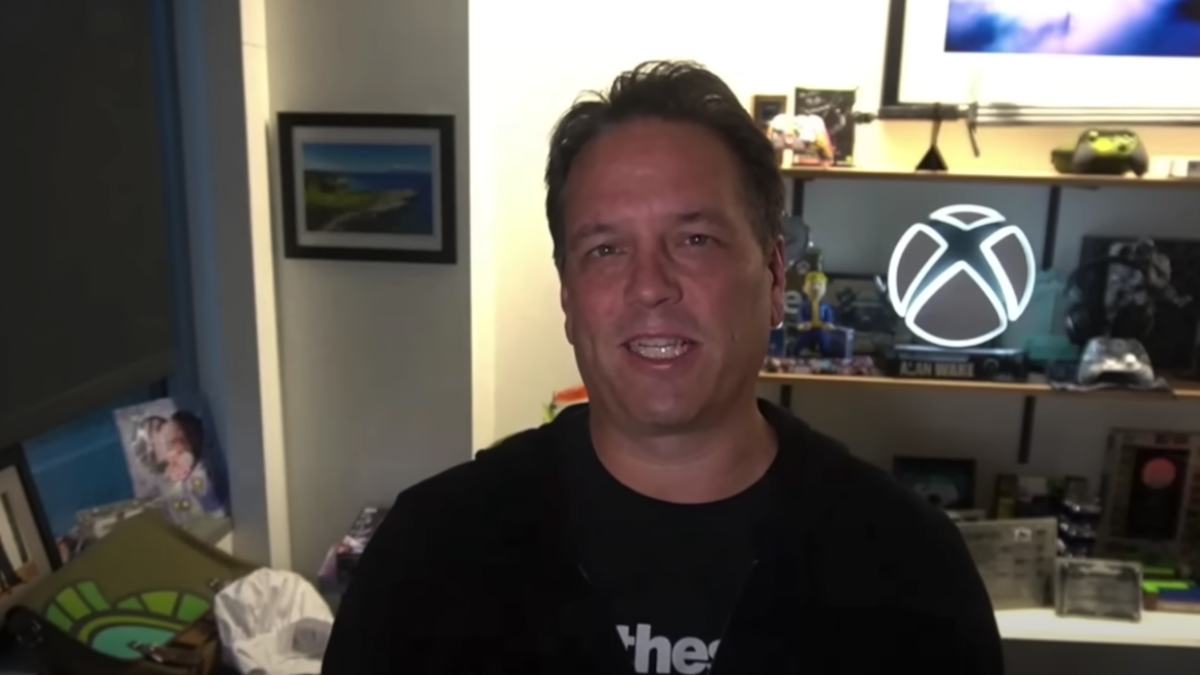
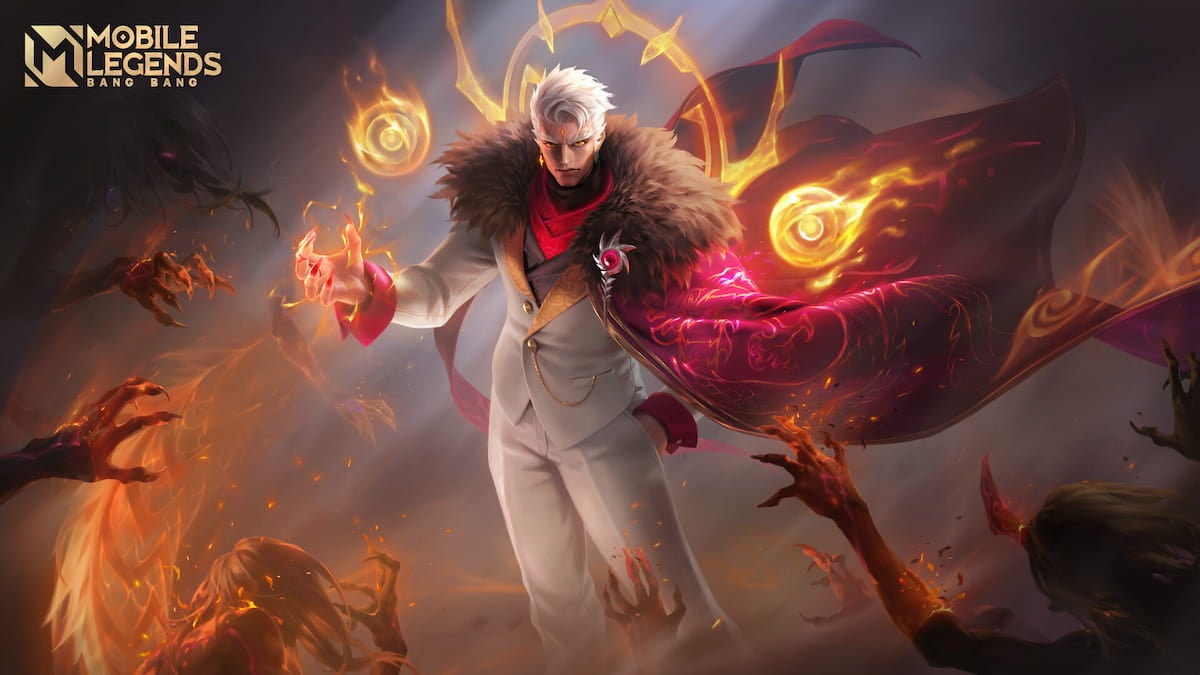
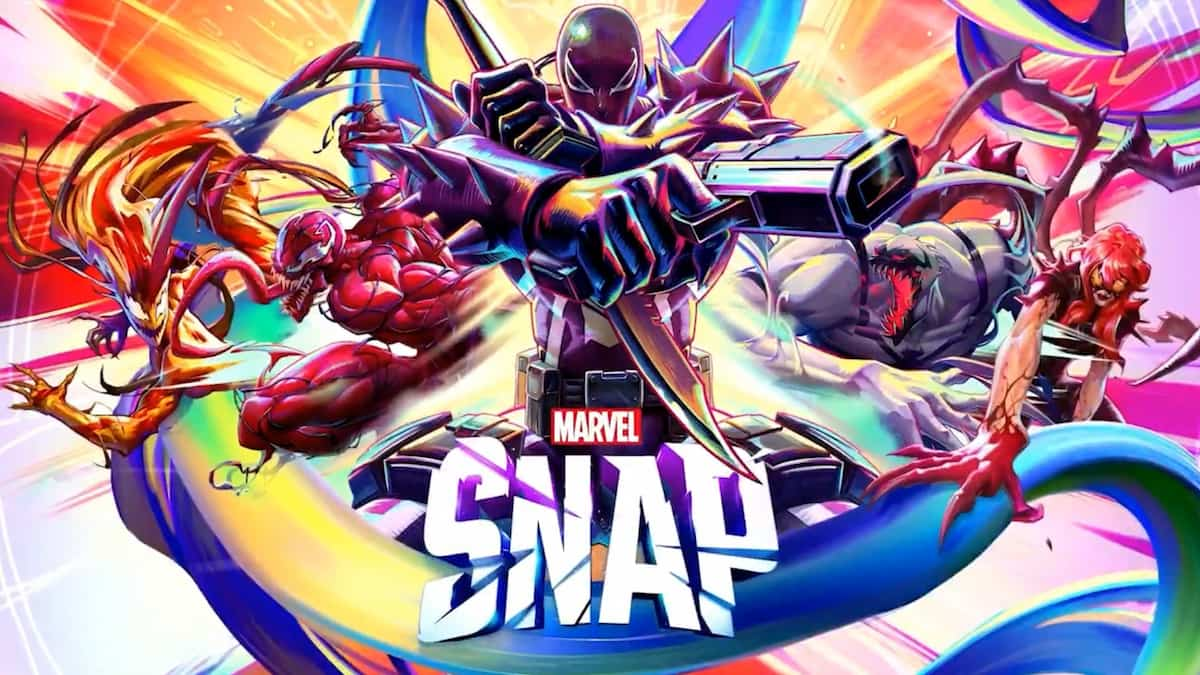
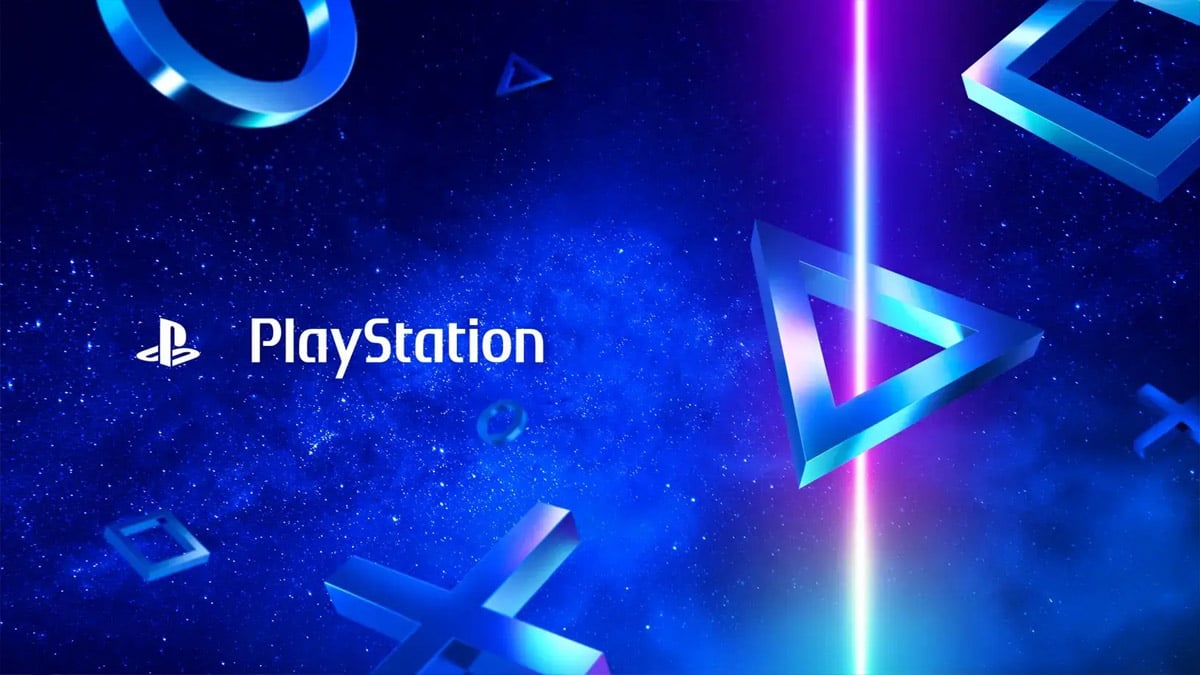
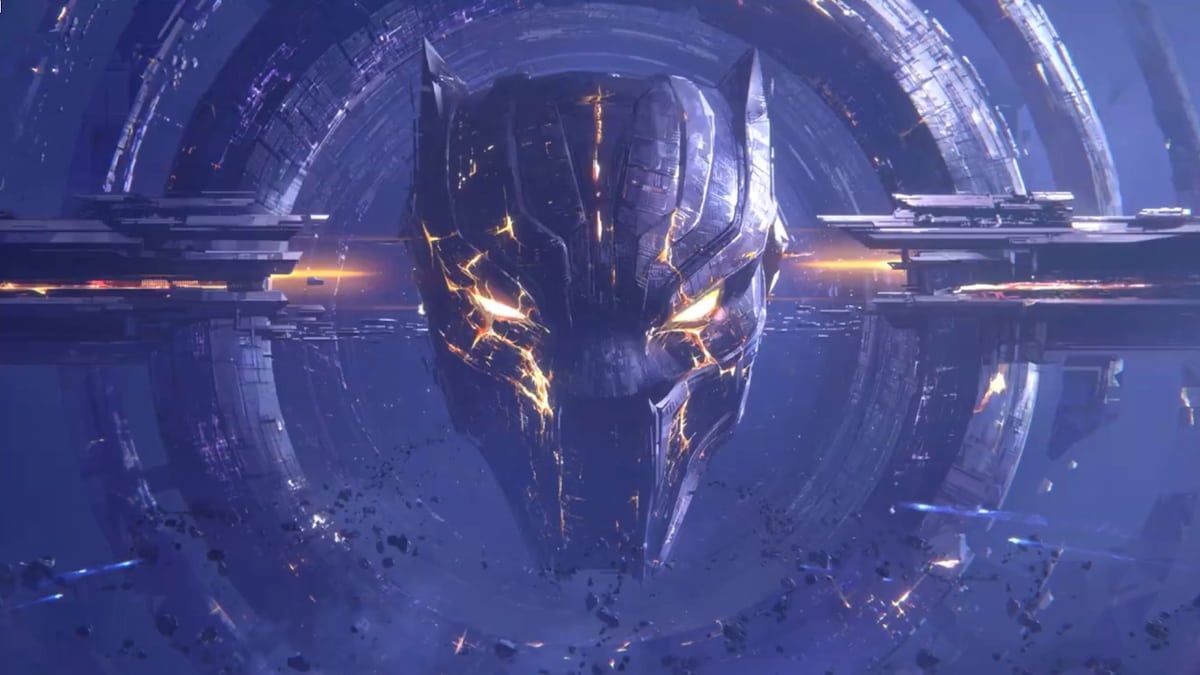

Published: Jan 4, 2019 02:30 pm